SUSTAINABILITY AT ZAVI

Our Vision
To lead the fashion industry in innovation, sustainability, and style, creating a brand that celebrates individuality and fosters
community. We believe in fashion that not only enhances personal expression but also contributes to a sustainable and ethical future.

Our Mission
Our mission is to redefine fashion by creating innovative, stylish, and sustainable clothing that celebrates individuality and builds community. We are committed to high-quality craftsmanship and ethical practices, ensuring that every piece we produce reflects our dedication to environmental stewardship and social responsibility. By inspiring our customers to make mindful fashion choices, we aim to contribute to a more sustainable and ethical future

Our Measures
In an industry that’s known for operating in an opaque manner, we like to err on the side of TMI. We believe that full disclosure is the key to earning your trust, which is why we are transparent about everything we do—starting with the way we value our clothes. We never want to price our customers out of making a difference, so we made it our mission to show you where every penny goes from every garment.
Learn more
Environmental policy
As a conscious clothing brand, we hold ourselves accountable for the entire lifecyle of every garment we produce, which is why we make it our responsibility to be proactive in finding ways in which we can continue to better our practices and sustainable solutions across our entire supply chain. Our job here is never done.
Learn more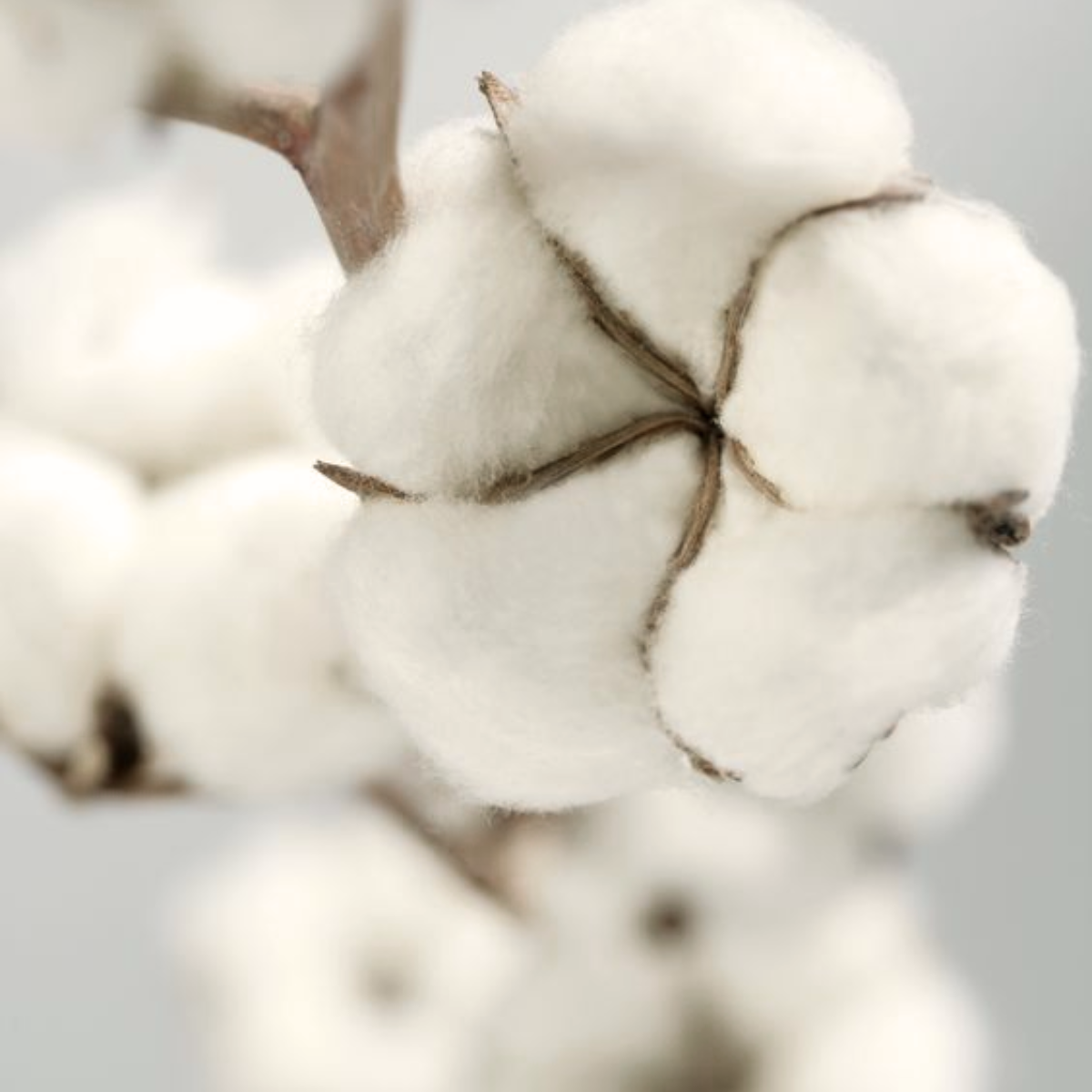
Organic Cotton
Organic crops aren't treated with harmful pesticides, insecticides, herbicides and genetically modified organisms. These toxins are harmful for farmers and workers, us as consumers, and entire wildlife eco-systems. Organic cotton is grown using 91% less water than regular cotton and is also more comfortable, better quality and lasts longer
Fabric care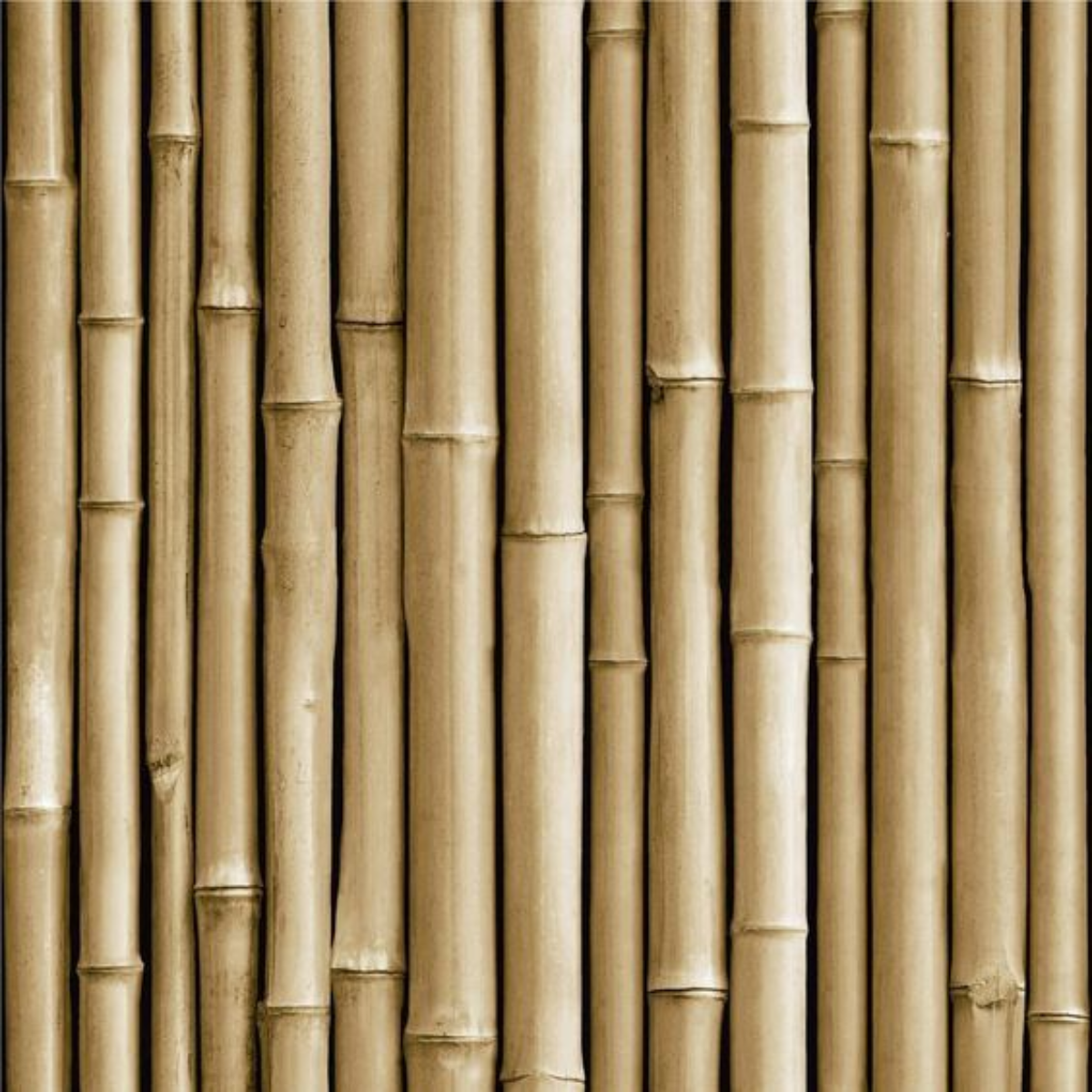
Bamboo
One acre of bamboo yields 10 times more than one acre of regular cotton and is grown without any pesticides or genetically modified organisms. The natural bamboo plant keeps itself cool in the heat and like its other properties, is also maintained in its fabric form.
Fabric Care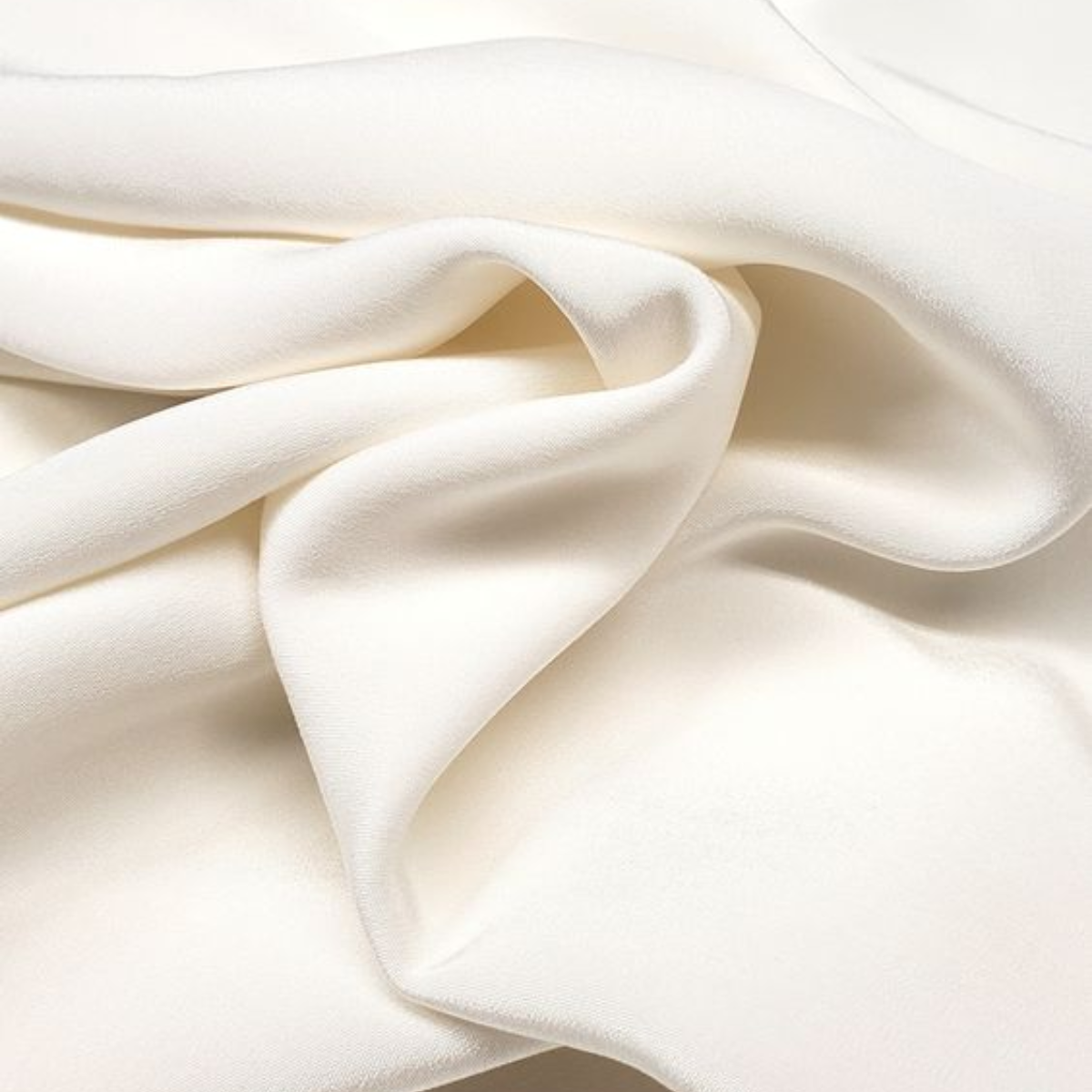
Peace Silk
Peace silk, also known as 'Eri' or 'Ahimsa' silk is a process that allows the completion of the metamorphosis of the silkworm to the butterfly, thus why it is also known as 'Vegan silk'. The fabric also possesses temperature regulating properties and is known to be hypoallergenic fabric.
Fabric Care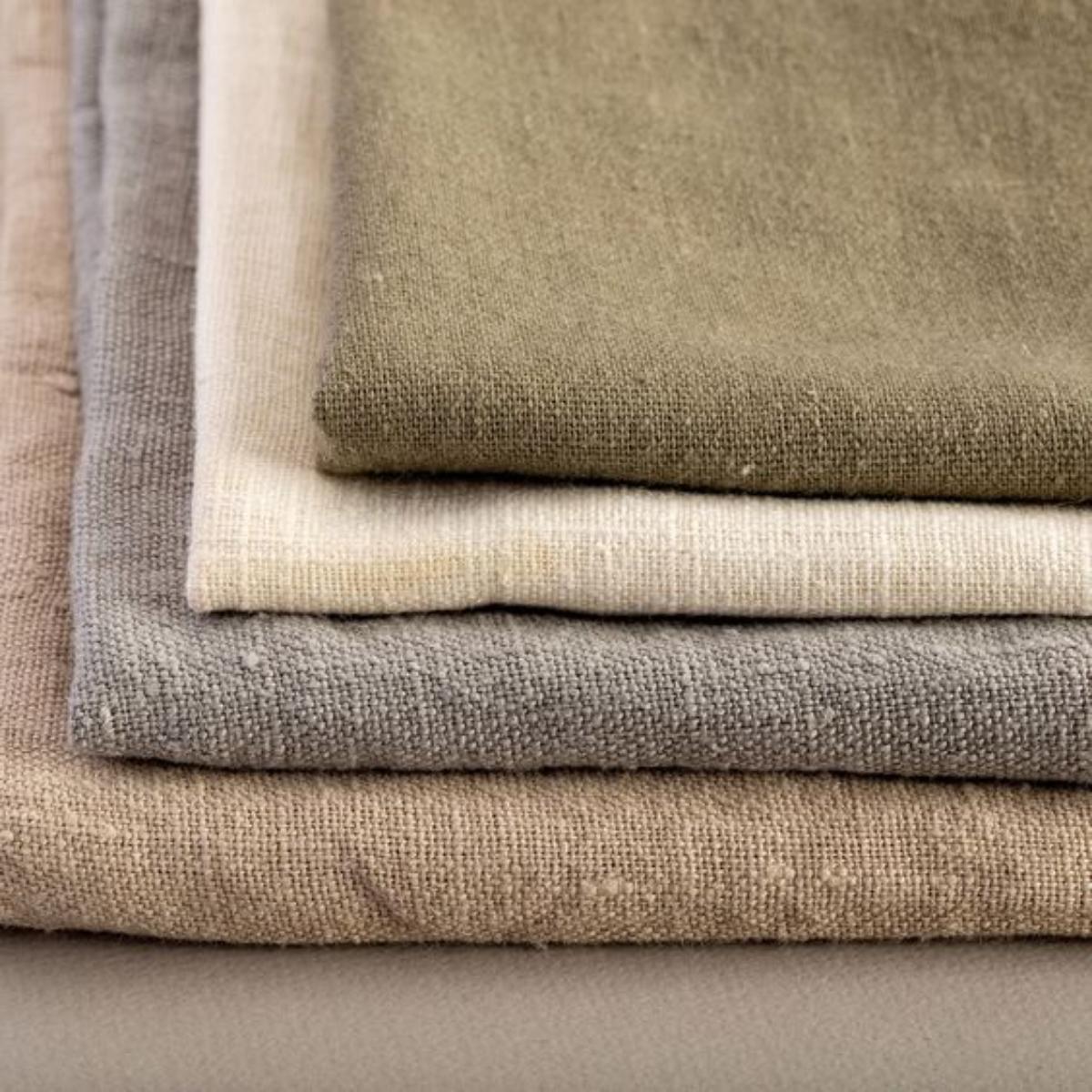
Hemp
Hemp is gentle on the earth and is active against microbes in nature which makes your clothes stay clean for longer and prevents it from developing odor-causing bacteria. Due to its antimicrobial properties, hemp is much stronger and more durable than most natural textile fibres.
Fabric Care
Lyocell
Lyocell uses very little energy and natural resources and is fully biodegradable. The fibre has high absorbency, which means fabrics can be dyed to high-quality standards. This eco fabric has natural breathability and impressive moisture absorption.
Fabric Care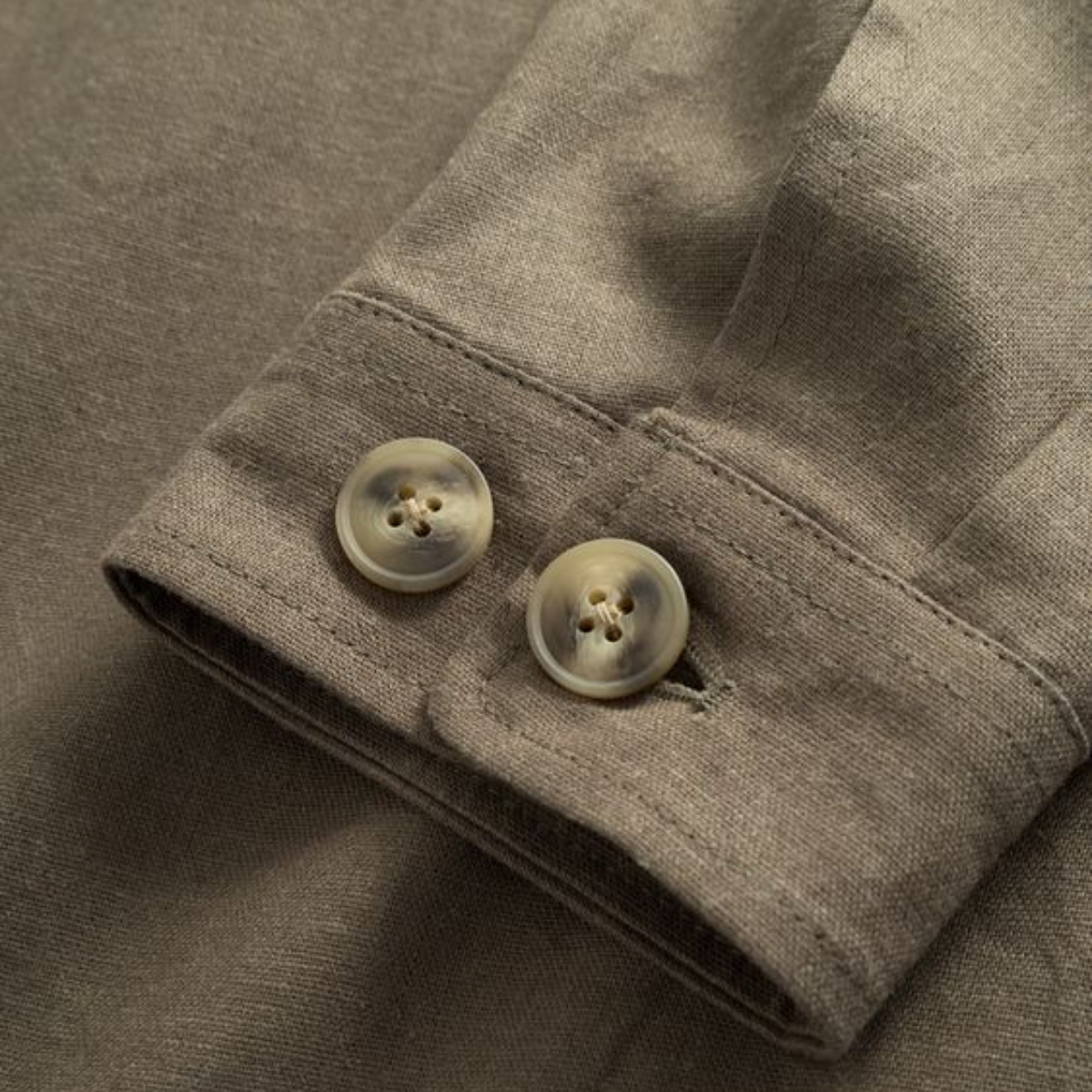
LENZING™ ECOVERO™
LENZING™ ECOVERO™ Viscose fibres are derived from sustainable wood and pulp, coming from certified and controlled sources. These fibres meet high environmental standards throughout their life cycle: from raw material extraction to production, distribution and disposal. In fact, the manufacturing of LENZING™ ECOVERO™ fibres generates up to 50% lower emissions and water impact compared to generic Viscose..
Fabric Care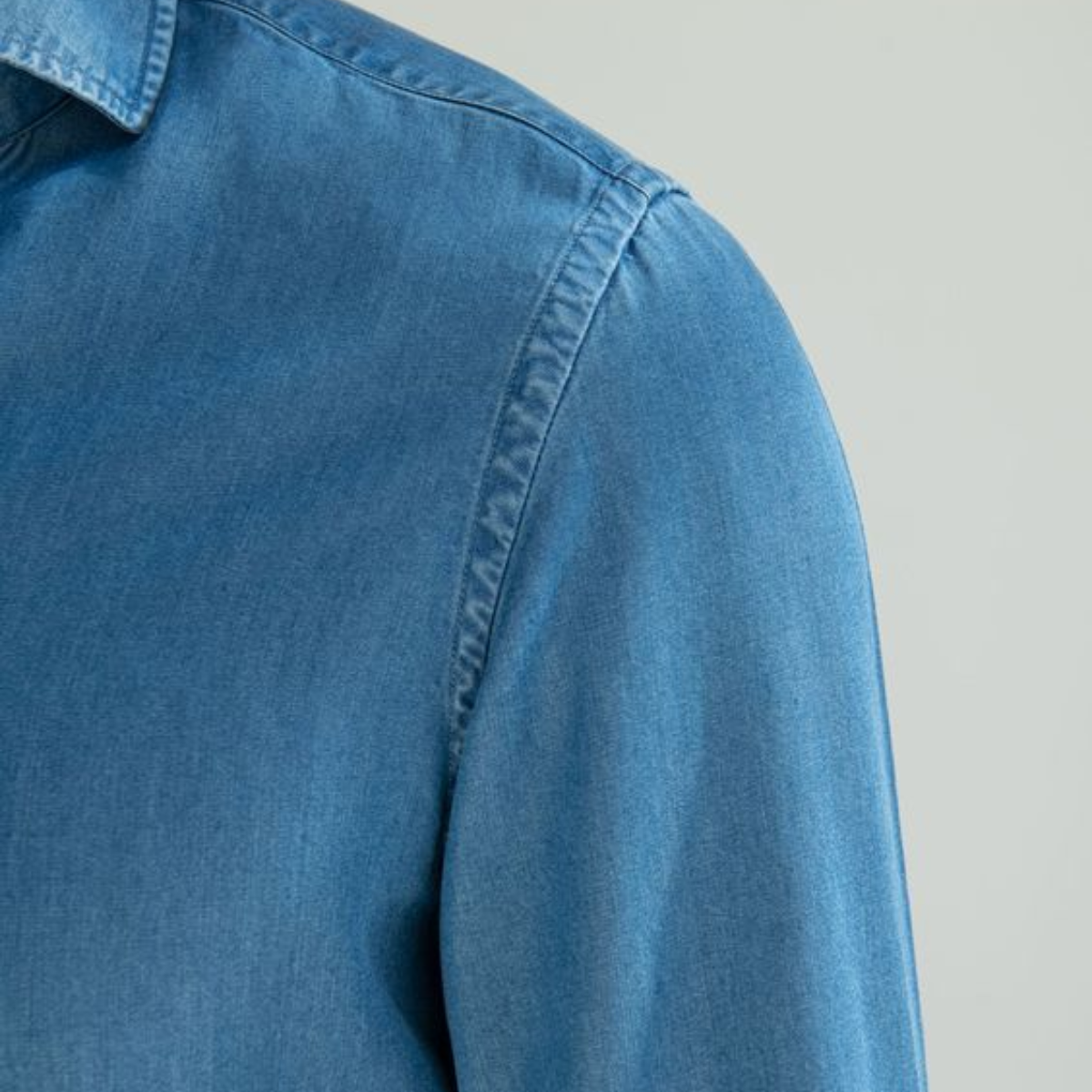
TENCEL™ denim
TENCEL™ denim is made from cellulosic fibres of plant-based origin that are sourced from sustainably harvested wood. Denim containing TENCEL™ Lyocell and Modal fibres are produced using innovative technology with low amounts of water. Lenzing fibres have gained a global reputation for their environmentally responsible, closed-loop production process, which transforms wood pulp into cellulosic fibres with high resource efficiency and low ecological impact. At the end of their life, your TENCEL™ denims will biodegrade when it finally makes its way to landfill.
Fabric Care
Linen
Linen is a plant-based fabric made from flax that happens to be one of the oldest continuously cultivated plants in the world. Flax thrives in pleasant climates and is a resilient plant, requiring few fertilisers or pesticides. Usual rainfall is enough to irrigate cultivations of flax, unlike cotton which can require high volumes of water. In fact, buying a linen shirt instead of cotton will save 13x 1.5 litre bottles of water. Linen can withstand high temperatures, making the fabric ideal for hot summers and is highly moisture absorbent without holding bacteria.
Fabric Care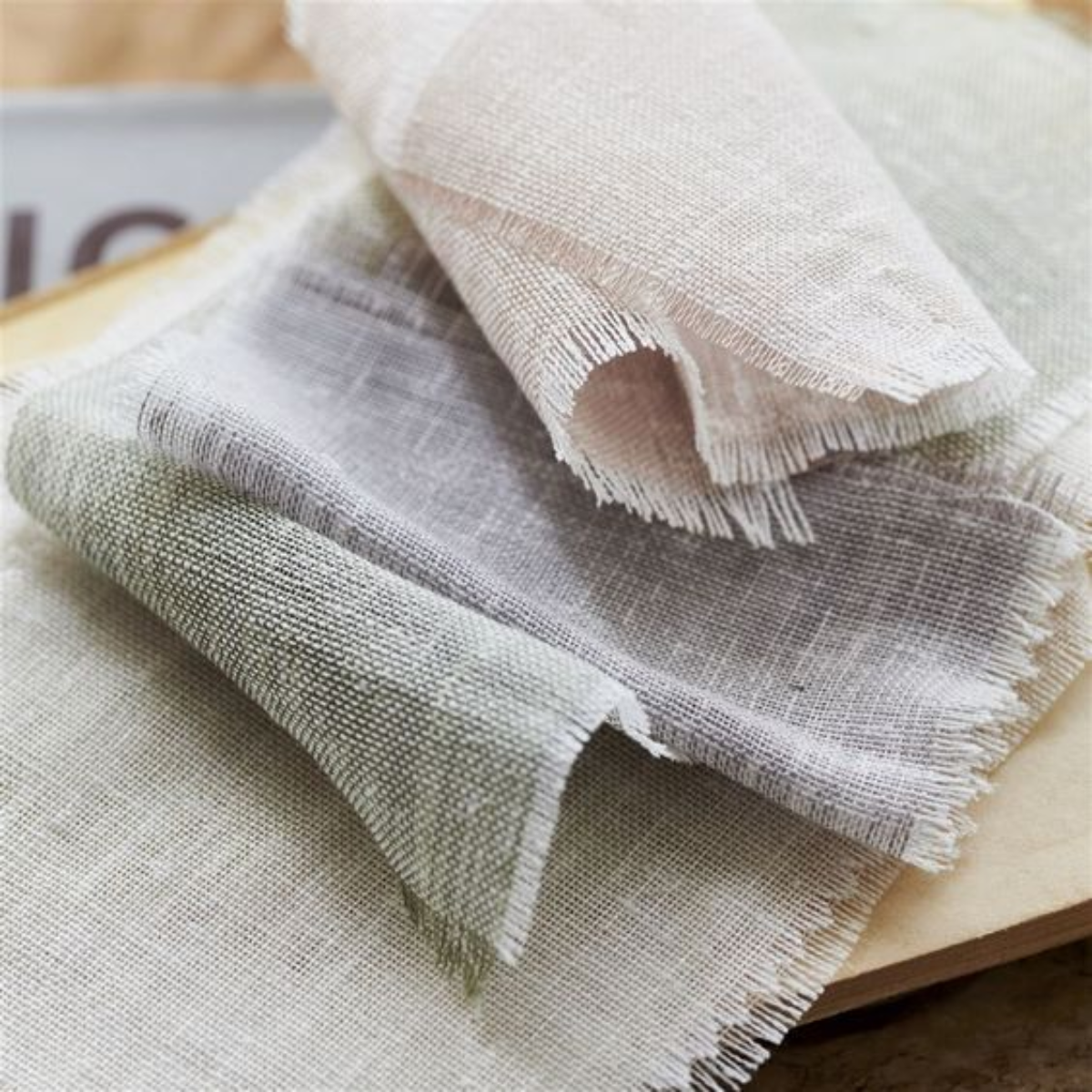
Recycled Polyester
The better alternative to virgin polyester, our recycled polyester material provides all the warmth and insulation that outerwear demands—minus the negative environmental impact. Recycled polyester is made using post-industrial fibre waste and post-consumer plastic (PET bottles and packaging used for many consumer products) that is processed using 80% less energy to recycle, compared to the laborious process of creating virgin polyester from petroleum.
Fabric Care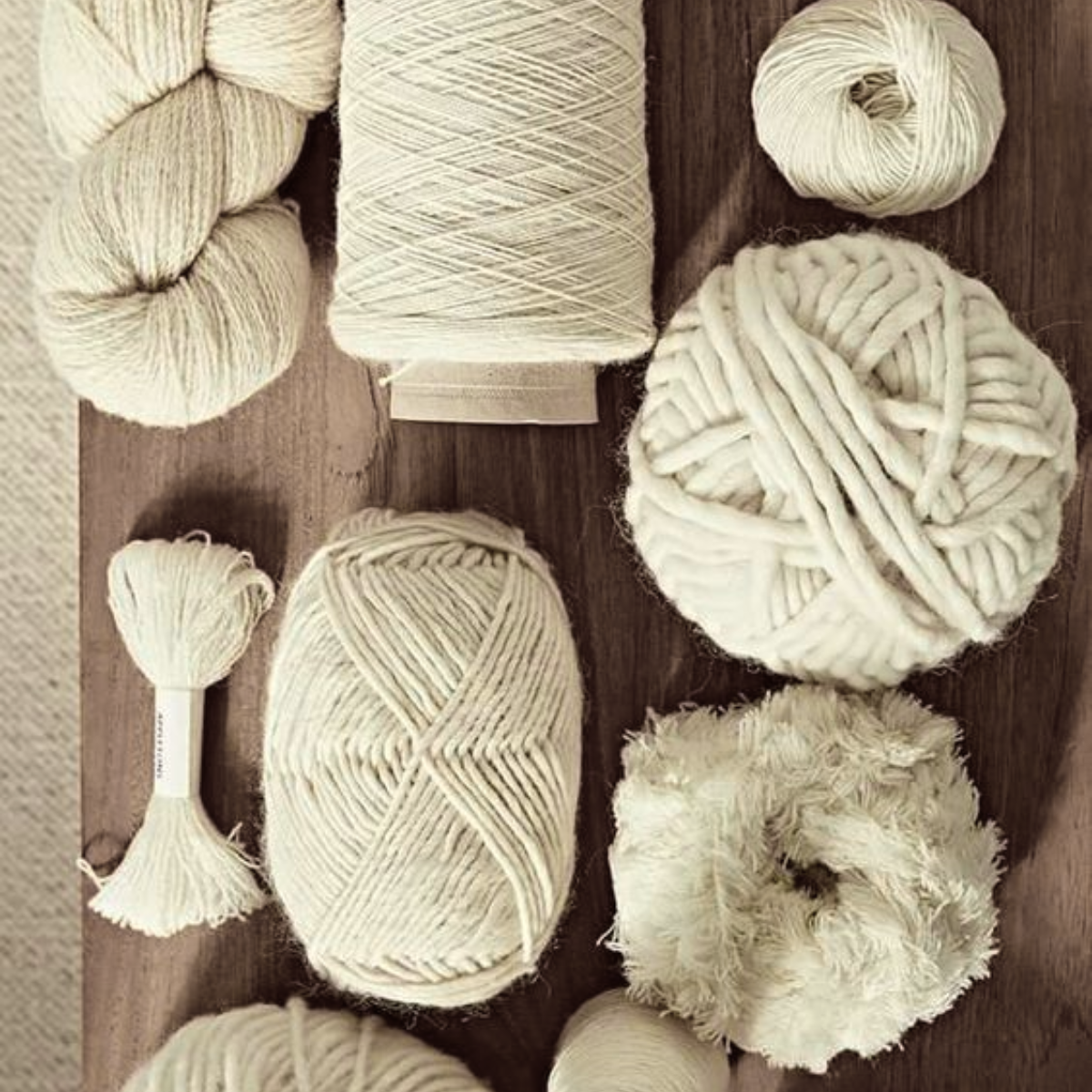
Recycled Wool
By using recycled wool we are decreasing our dependence on excessive chemicals, water and energy, while extending the lifespan of a fibre that has already been produced. Our recycled wool-blend separates come from pre-consumer wool: textile waste created in the production stage that has been blended with other recycled fibres to strengthen and give the material additional thermo-regulating properties.
Fabric Care



